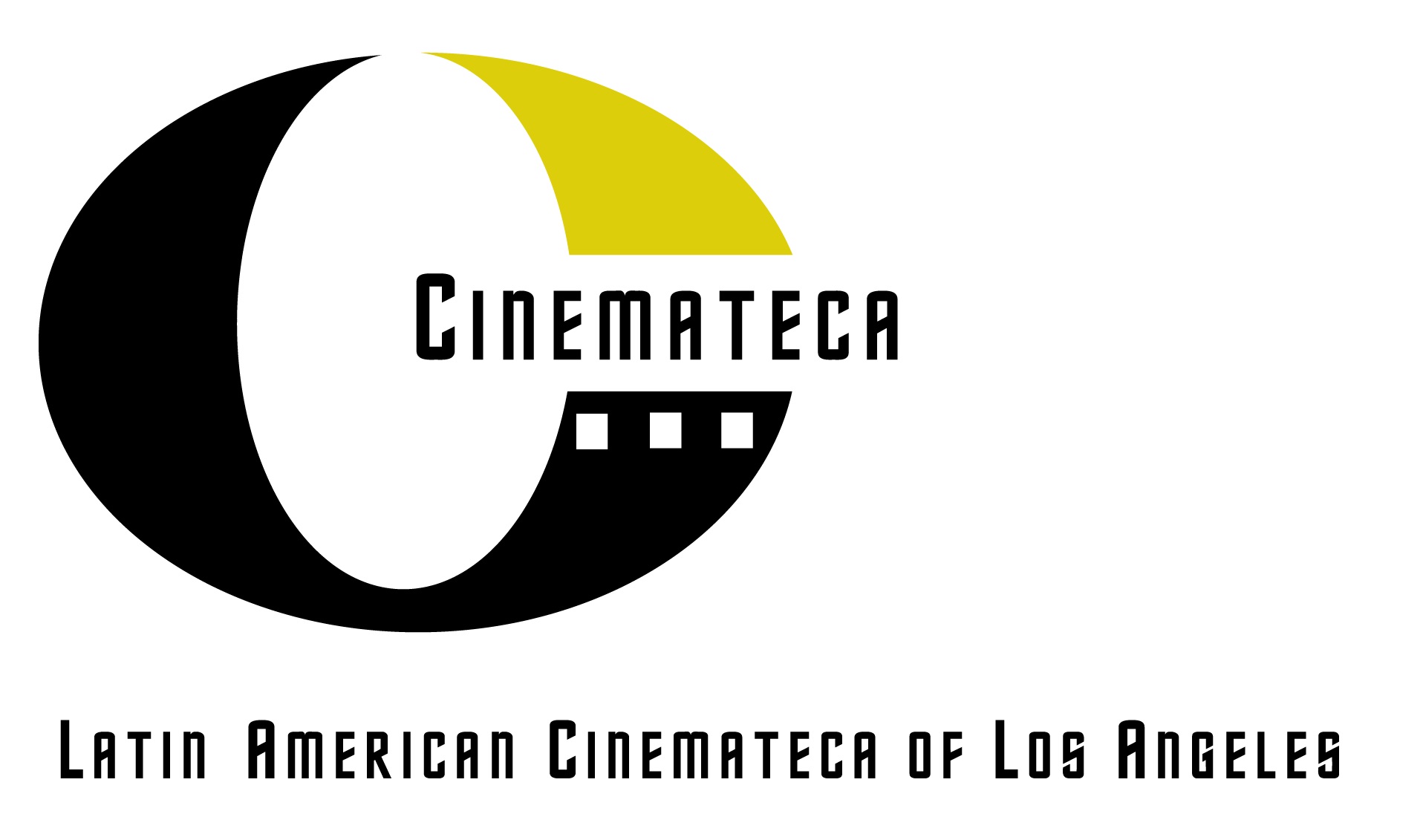Q&A with Saul Kak, Co-Director of La Selva Negra
On Friday, Sept. 8, Latin American Cinemateca of Los Angeles (LACLA) presented Cine Sin Fronteras, featuring a screening of Refugio and La Selva Negra at Consulado General de México en Los Ángeles.
In an exclusive interview with Marvin Vasquez on lol-la.com, La Selva Negra co-director Saúl Kak discusses the film in detail.
La Selva Negra, which was screened in Spanish with English subtitles, is co-directed by Saúl Kak and Charles Fairbanks. The 72-minute flick “is a portrait of globalization filtered through the fever dream of a Mexican shaman, Don Juan, who falls under the spell of a pyramid-scheme-marketed nutritional supplement. Juan’s neighbor Carmen lives simply, in harmony with the land her martyred husband paid for with his life. This film documents their struggles and encounters with outside forces: from capitalism and commodity fetish, to the culture of cinema, and the directors of this film.”
Living Out Loud LA: What is La Selva Negra about?
Saul Kak: It’s the life of Juan and Doña Carmen, both hailing from marginalized communities in Chiapas, Mexico. Doña Carmen lives on the land she inherited from her husband Mártir, who fought for these lands to be returned to them. Don Juan is a wise man in traditional medicine, but poverty obligates Juan to do heavy work that causes him to get a hernia and complicates his life. Omnilife vendors tell him the product will cure him.
LOL-LA: In what ways did the documentary bring you in, interested and captivate you?
SK: La Selva Negra is a project that I wanted to tell the story of because I have seen the region Zoque. It’s a small town that’s been forgotten, the marginalization and exploitation. My life has passed by these lands, and I felt the importance of sharing the situation of Chiapas, Mexico.
LOL-LA: Let’s talk about what it was like to work with Charles Fairbanks, the other director of La Selva Negra.
SK: Working with him was definitely an experience. We both had the same vision and desire to tell a history in a distinct form of something we see. The situation permitted us to.
LOL-LA: What was the biggest challenge in making this film?
SK: The economic circumstances of where we shot. On one occasion our equipment was stolen, and there was always the rejection of some of the folks.
LOL-LA: How proud are you about this film which will premiere at Cine Sin Fronteras?
SK: It’s a great opportunity to have more people be able to see it, and I hope that it generates reflection and opens up dialogue about the existence of our town and its situation. Everything that it has been going through, we don’t want it to continue. We want more opportunities for our people.
Sabina Ibarra contributed to this story.
